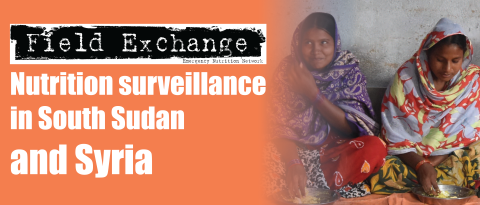The WASH benefits and SHINE trials: interpretation of WASH intervention effects on linear growth and diarrhoea
Research snapshot1
Globally, stunting is the most prevalent form of child undernutrition and is only modestly responsive to dietary interventions. Numerous observational studies have shown that water quality, sanitation, and handwashing (WASH) in a household are strongly associated with linear growth of children living in the same household, which may be partially mediated through diarrhoea, but primarily through environmental enteric dysfunction. Three randomised efficacy trials (SHINE) were undertaken to test improved household-level WASH with and without improved infant and young child feeding (IYCF) on child stunting and diarrhoea in Bangladesh, Kenya, and Zimbabwe. SHINE was a two-by-two factorial trial with four groups: IYCF (counselling on complementary feeding and provision of small-quantity, lipid-paste-nutrient supplement); WASH (combined sanitation, water chlorination and handwashing with soap); IYCF combined with WASH; and standard care. In all trials, the IYCF intervention modestly but significantly increased mean length-for-age (LAZ) by 0.13-0.25 (about one eighth of the deficit of the average child aged 18-24 months). A significant relative reduction in diarrhoea of 31-40% was observed in the water-chlorination intervention under WASH Bangladesh only. In all three trials, the WASH interventions had no effect on linear growth, and providing WASH concurrently with IYCF had no additional benefit on linear growth compared with providing IYCF alone.
These findings are inconsistent with existing and often-cited observational evidence. Further analysis suggests baseline sanitation was a strong risk for stunting. However, the relationship between household WASH indicators and child linear growth may be confounded. The effect on diarrhoea in Bangladesh is likely due to the regular visits to participating household (six times per month), compared to monthly in Kenya and Zimbabwe. Such intense contact is not possible at scale. The authors conclude that these trials were not effective enough in reducing the faecal-oral transmission of pathogens to result in linear growth and optimal health, with children having high rates of enteric infection. Future research should explore interventions that are radically more effective in reducing faecal contamination in the domestic environment (‘transformative WASH’) and, irrespective of intervention, strengthened support is required for governance systems of financing, operations, monitoring, evaluation, and regulation.
Endnotes
1Pickering, A.J., Null, C., Winch, P.J., Mangwadu, G., Arnold, B.F., Prendergast, A.J. et al (2019) The WASH benefits and SHINE trials: interpretation of WASH intervention effects on linear growth and diarrhoea. Lancet Glob Health 2019; 7: e1139–46


